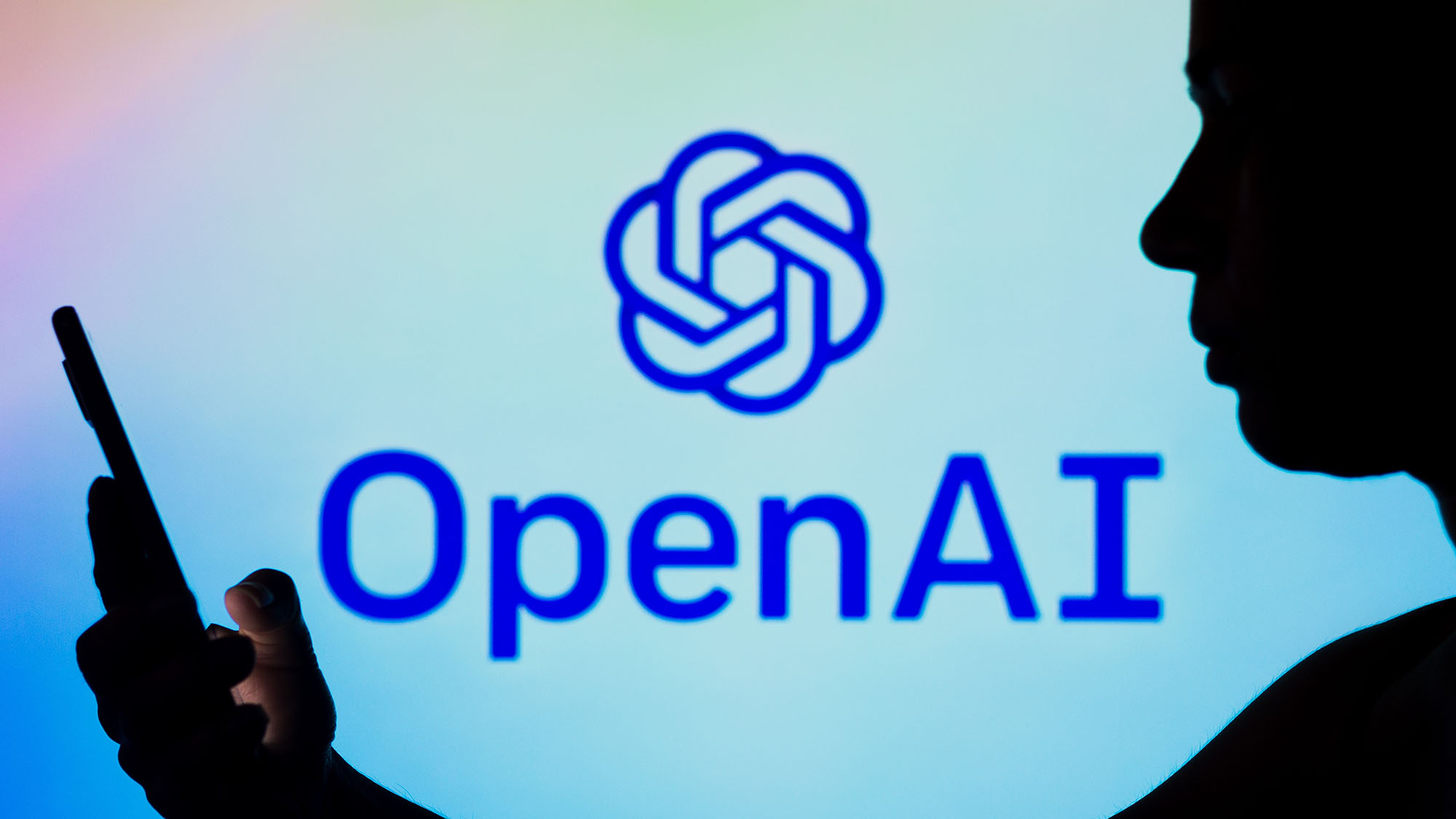AI video tools like Sora could bring about a new golden age of cinema — here's why
A great tool to explore bold new experiences

So we’re what, less than 24 months into the arrival of consumer grade AI, probably the most explosive tech disruption we’ve ever seen, and the hits still keep coming.
This week Adobe announced it would be integrating AI tech including OpenAI's Sora into its Premiere Pro video editor, and you could almost hear the collective gasp of horror washing down from the Hollywood hills.
It’s a seemingly innocuous announcement, just a suite of editing tools for video, rather like plugins for Photoshop. But behind the banal press release is a whole universe of OMG. The arts world is still reeling from triple attacks on the old order.
A new direction for creation
For one, the modern art and stock image sectors are probably dissolving away in front of our eyes. Stable Diffusion, DALL-E and Midjourney have effectively changed the rules forever.
If you think I’m joking, take a look at the new Stockcake site, which now offers millions of AI generated stock images for free under a public domain license. How’re you doing over there Getty Images?
And if you think music is not going the same way, check out Udio, which lets anyone with a pulse create fully fledged songs in an infinite variety of genres. As if they were sitting in a music studio alongside Prince.
AI killed the video star
The final artistic bastion of video started to collapse with the preview of Sora from Open AI, which proved that video really can kill the radio star – if they’ve got a powerful enough computer.
It is neither quite as revelatory and amazing as we all thought it might be in the early days, nor is it quite as scary and threatening
Tim Webber, Framestore
But this Adobe Firefly release really puts the icing on the cake. Many people assumed that the massive compute power needed to manipulate video was a barrier it would take years to overcome. Well yes. But no. Image and music generation have vaulted over storage and CPU hurdles in these two years, and we’re about to see video follow the same trajectory.
But this time, the stakes are colossal. We’re not just talking movies, but primetime television, advertising, cable, the works. If we can edit a chunk of video, we can create a video. And if we can create a video, we can create a movie or TV episode. That’s scary sauce for some people. But it’s not going to happen tomorrow, or even in the next few years.
Tim Webber, Oscar-winning visual effects supervisor and CEO of visual effects company Framestore, sees AI as still rather primitive. “It is neither quite as revelatory and amazing as we all thought it might be in the early days, nor is it quite as scary and threatening,” he says, “We are sort of passing somewhere in between.”
Webber, whose credits include Gravity and The Dark Knight, believes it will take some five years to get to generative AI as the main tool for high quality moving images.
Comparison to the rise of digital
By the way, in a crude adjunct to Moore’s Law, this kind of disruption usually takes 10 years. We’re now at year seven since LLM transformers first arrived in earnest.
I remember being locked in an earnest conversation with some film review journalists en route to the Cannes Film Festival back when digital movies were about to hit big with the Star Wars franchise. I was the only geek there, and these passionate folk – who knew which brand of film stock the Godfather was shot on – were adamant that digital film-making would never ever take off.
I knew otherwise, and patiently explained why, to some derision. I knew that tech always tiptoes up to the door masquerading as something simple like a gadget or an app. The next thing you know, it’s barged in and taken over the whole party.
As we now know, digital didn’t destroy Hollywood. In many ways it remade it, bigger and better. My case rests. By the way, in a crude adjunct to Moore’s Law, this kind of disruption usually takes 10 years. We’re now at year seven since LLM transformers first arrived in earnest. Read into that what you will.
The important thing to remember is the new generative AI tools are currently at their crudest point. But the tech is moving like a freight train at impossible speeds, and anyone or anything that gets in the way is likely to end up like Wile E. Coyote on the Road Runner Show. But is that a bad thing?
Another cog in the cultural wheel
If you’re a purist, like the 35mm film passionistas I met, then yes AI is going to destroy the art in movies. But for the majority of people, it’s more likely going to be a great tool to explore bold new experiences.
There’s currently a big discussion going on in the Udio Discord forums about whether the generated music tracks are real ‘art’ or not. This type of question is as old as humankind – just ask the young Tracey Emin – and the answer is...maybe. I’m expecting many more such chats over the next five years.
Paul Debeyec, senior scientist at Google, laid it all out succinctly in a 2020 article in The Hollywood Reporter. "Decades from now, an AI algorithm will make your movie simply from the text of the script, even in a particular director's style. You could even ask it to make your new film, or remake an old one, in the style of Kubrick, Tarantino or Scorsese by emphasizing the correlations between each of their scripts and movies."
Now that’s a geek talking. Ultimately my seasoned belief is that Hollywood, Cannes and any other place where art resides, will find a way to integrate AI as just another part of that perpetual human experiment we call culture.
More from Tom's Guide
Sign up to get the BEST of Tom's Guide direct to your inbox.
Get instant access to breaking news, the hottest reviews, great deals and helpful tips.

Nigel Powell is an author, columnist, and consultant with over 30 years of experience in the technology industry. He produced the weekly Don't Panic technology column in the Sunday Times newspaper for 16 years and is the author of the Sunday Times book of Computer Answers, published by Harper Collins. He has been a technology pundit on Sky Television's Global Village program and a regular contributor to BBC Radio Five's Men's Hour.
He has an Honours degree in law (LLB) and a Master's Degree in Business Administration (MBA), and his work has made him an expert in all things software, AI, security, privacy, mobile, and other tech innovations. Nigel currently lives in West London and enjoys spending time meditating and listening to music.
